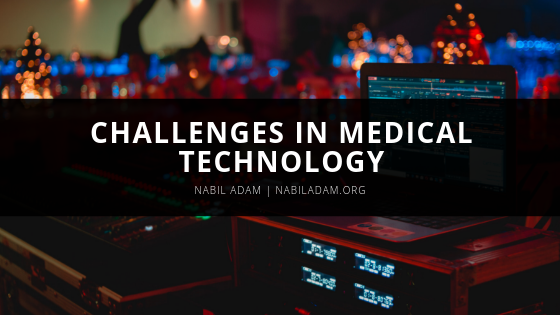Over the years, technology has grown to be a rather integral part of daily lives. We use it in almost every way imaginable, and it has made our lives easier. Technology doesn’t just help in our regular daily lives, though. Tech is being used in the medical industry as well, to do things more efficiently or track data so we can do better research to help the industry grow. Though technology may be helping to make the medical industry better, there are still plenty of challenges to overcome. Below you’ll find a few of those challenges.
Cost
One of the first things that come to mind when you think about technology is money and how much of it you’ll have to spend to get that tech. The same applies to medical technology, and it’s likely more expensive than you realize. This can make it difficult to get the medicine into the hands of patients who need it. Take the drug Abilify MyCite, for example. It’s an antipsychotic pill that has a tiny sensor inside which then transmits a signal to your doctor once it comes in contact with stomach acid. That signal allows doctors to see when their patients are or are not taking their medicine. The problem is that it costs $1,650 a month, which costs 30 times as much as a 30-day supply of the generic Abilify without the chip. The sky-high price will make most people default to the generic brand, which means this great tech will have a problem getting off the ground.
Security and Data
Have you ever used the cloud to store personal data on the internet? What if something happened to that personal data, and it got lost or stolen? That same issue arises with medical technology. All sorts of patient data are kept confidential on the internet in some way, and there’s a large amount of it. With the nature of the data being so personal, a lot of care must be put into storing and retrieving this data. If it’s not taken care of, it can result in loss, damage, or misuse of personal data.
Learning Curve
A smaller issue that can tend to occur is that new technology comes with having to be educated in that new technology. The fact of the matter is that education is of the utmost importance for medical professionals, but they often tend to struggle to make the time for it due to their busy schedules. If they lack complete understanding, that can lead to errors. Beyond this, some doctors may just not care to learn because they already have their own tried and true methods that work.
Medical technology will only continue growing as time flows, and with that growth will come many more challenges. Will medical tech become as commonplace as all of the other technology in our lives? We’ll have to wait and see.

